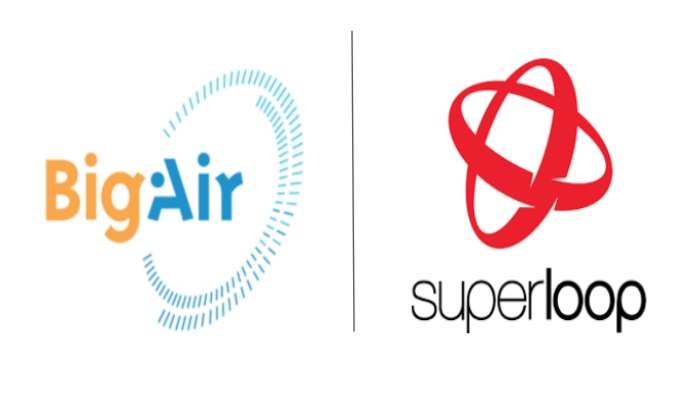
New wireless challenges to NBN
As if there wasn’t already enough to worry about, nbn CEO Bill Morrow will have woken up to face a new challenge this week: a wireless broadband move by experienced and successful industry players that will provide another option for NBN by-pass.
Fibre backhaul provider Superloop, founded by Bevan Slattery, is set to take over fixed wireless provider Big Air, founded by Jason Ashton, in a move that is aimed at providing a direct – and explicit – alternative to the NBN in both wholesale and retail markets.
Wireless threats to the NBN have long been dismissed by the project’s supporters on the grounds that the laws of physics will always limit the capacities and hence the appeal of wireless broadband. But this approach ignores the economics of both service provision and customer behaviour.
Retail service providers (RSPs) are already complaining about the nbn’s wholesale prices. Under the current business model they will be up for a lot more in future if the company is to reach its financial targets.
Meanwhile the great majority of end-users connected to the network are taking up low tier packages – 25 Mbps or less – which are not big money spinners.
The result is a squeeze on RSP margins. Enter the lower cost alternative – offering Gigabit speeds.
As an industry insider explained to telecoms newsletter Communications Day:
“When you’re talking A$12 per Mbps for NBN [usage] charges, if I want to offer a gigabit service to a business customer, that would cost me A$12,000 a month of fixed costs – no-one’s going to pay for that!”
“Clearly Bevan Slattery and Jason Ashton think that they can deliver a high-quality business service for a fraction of the cost of NBN.”
Other wireless providers, including the mobile companies, will be watching this space with intense interest.










